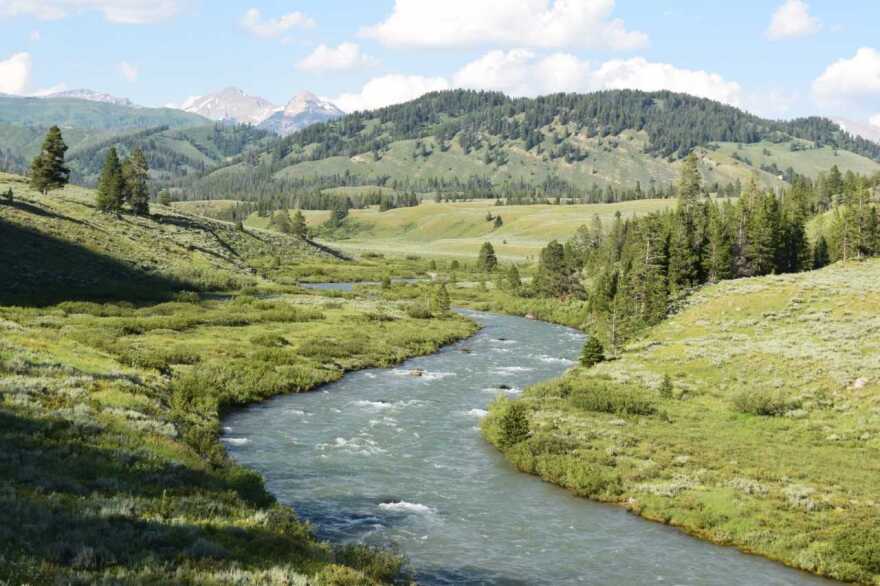A state bill that requires groundwater drillers to prove their wells wouldn’t hurt neighboring water supplies or streams has passed the legislature. Supporters of the bill said the statute didn’t properly clarify who is responsible to provide proof on water well applications. Water usage has become more of a concern across the state in a time of severe drought.
In Laramie County last year, a family applied for eight high-capacity wells and neighboring ranchers had to hire experts and attorneys to fight the applications.
"Hundreds of thousands of dollars," said rancher and attorney Reba Epler, who supported the bill. "And that wasn’t fair. Really the burden should have been on the applicant to have to produce evidence they wouldn’t harm anyone. But at the hearing, their own expert argued that they were concerned that their use would dry up springs and affect the creeks."
The state engineer is still deciding whether to approve those applications pending in Laramie County. State engineer Brandon Gebhart argued against the amendment, saying it could lead to invalid complaints. The bill now goes to the Governor for his approval.









